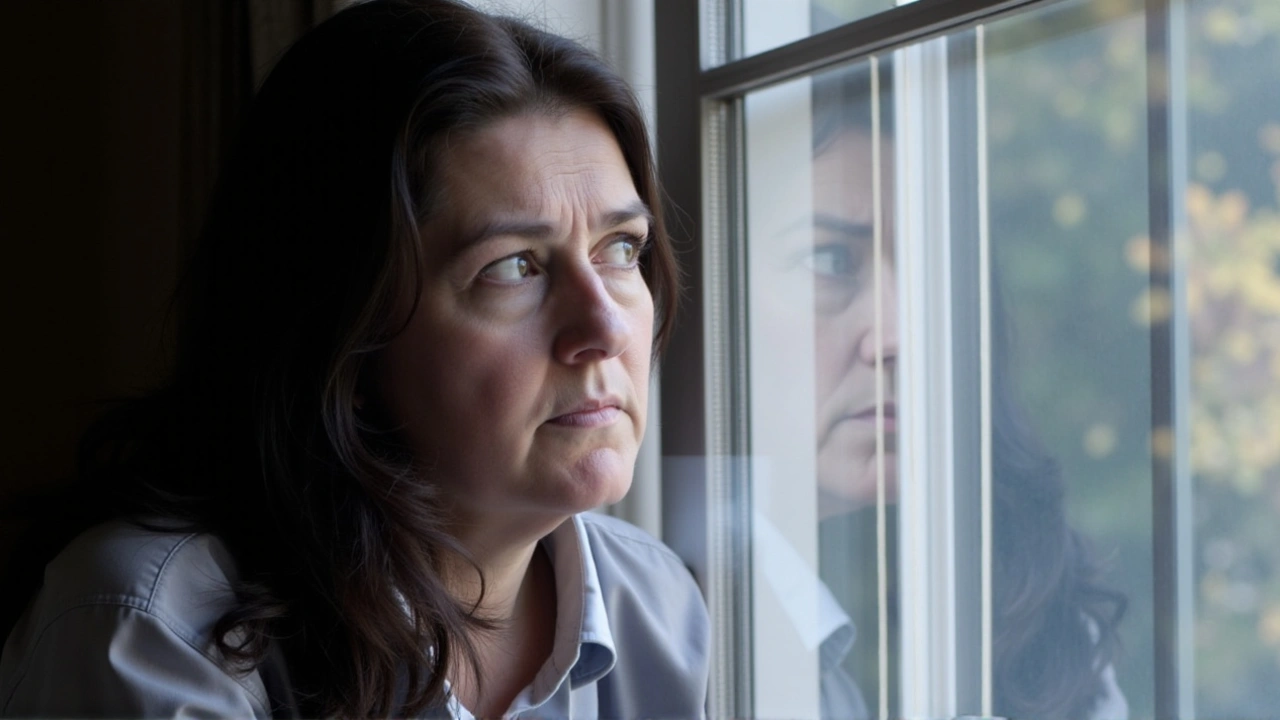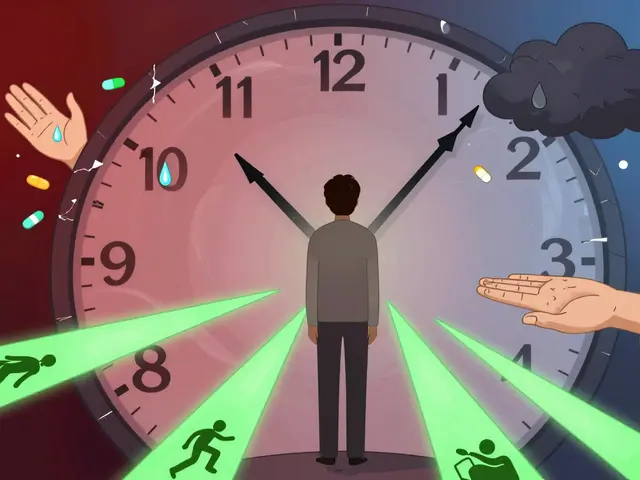Antidepressants and Vivid Dreams — August 2024
In August 2024 we published a focused piece asking a simple but sharp question: can antidepressants cause strange or vivid dreams? The article walks through what people notice, why it happens, and what you can try if your nights turn weird after starting or changing meds.
Why dreams change on antidepressants
Many antidepressants alter sleep architecture, especially REM sleep, the stage most tied to dreaming. Drugs like SSRIs (sertraline, fluoxetine) and SNRIs (venlafaxine, duloxetine) can make REM lighter or more fragmented, which often raises how much you remember dreams and how intense they feel. Dose increases, switching drugs, or stopping medication suddenly can also trigger vivid dreams or nightmares.
Not every drug behaves the same. Bupropion tends to have a lower effect on REM, while MAOIs and tricyclics can affect dreams in other ways. Age, sleep quality, alcohol, caffeine, and stress all change how likely you are to notice these effects. A change in sleep patterns—like sleeping more on days off—can make dream recall jump even without medication changes.
Practical steps you can try
If vivid dreams bother you, start with simple changes. Keep a sleep diary for a week: note medication timing, bedtime, caffeine, alcohol, and dream notes. Try moving your dose earlier in the day if your prescriber agrees—some people find fewer vivid dreams that way. Improve sleep hygiene: consistent bedtimes, no screens before bed, and cutting late caffeine help reduce dream recall and intensity.
Don’t stop or change medication on your own. If dreams are severe, disruptive, or tied to worsening mood, contact the prescriber. They may suggest a dose tweak, switching meds, or a gradual taper. For some people, the vivid dreams drop after a few weeks as the brain adjusts. For others, a different drug class can resolve the issue.
If nightmares become frequent and distressing, ask about therapy options too. Techniques like imagery rehearsal therapy (IRT) and cognitive-behavioral strategies can reduce nightmare frequency without changing medication. In some cases, short-term sleep aids or melatonin are discussed, but those need medical advice and follow-up.
We kept the August post practical and direct: understand the likely cause, try basic sleep fixes, track what changes, and loop in your prescriber before altering treatment. Dream changes are common, usually manageable, and often temporary—but your comfort and safety matter, so speak up if the nights get rough.
Exploring the Psyche: Can Antidepressants Cause Strange or Vivid Dreams?
The use of antidepressants has been linked to the experience of strange or vivid dreams, affecting dream emotions and even leading to nightmares. Understanding these effects is crucial for those on such medication.






